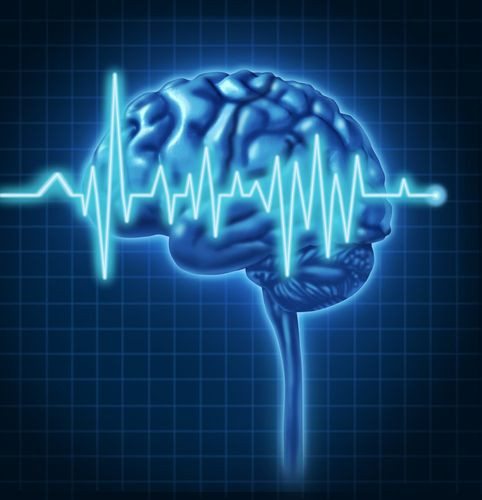Insomnia Increases Stroke Risk In Under-35 Adults, Making Them 8 Times More Likely To Suffer A Stroke

Stroke is not something most people think about when they are young. Now a new study finds that people under 35 have a higher risk of stroke when they find themselves chronically unable to sleep. In fact, the researchers from Chia Nan University of Pharmacy and Science in Taiwan say the incidence of stroke is eight times higher for 18- to 34-year-olds with insomnia, though after the age of 35, the risk decreases. “We feel strongly that individuals with chronic insomnia, particularly younger persons, see their physician to have stroke risk factors assessed and, when indicated, treated appropriately,” said Dr. Ya-Wen Hsu, study author, in a press release.
When blood flow to the brain suddenly stops, this is called a stroke. Within minutes, your brain cells begin to die. The more common of the two types of stroke identified by doctors is called ischemic stroke, which results when a blood clot blocks or plugs a blood vessel in the brain. Less common, a hemorrhagic stroke is caused by a blood vessel that breaks and bleeds into the brain.
Hsu and his colleagues randomly selected the health records of 21,000 people with insomnia and 64,000 without in order to conduct the current study. After four years of follow-up, Hsu discovered that insomnia raised the likelihood of hospitalization due to stroke by 54 percent. At the same time, diabetes combined with insomnia also appeared to increase the risk of stroke. Additionally, the cumulative incidence of stroke over a three-year period was found to be higher for those with persistent insomnia when compared with those who no longer suffered from chronic sleeplessness.
“Our findings also highlight the clinical importance of screening for insomnia at younger ages,” Hsu said. “Treating insomnia is also very important, whether by medication or cognitive therapy.”
Overall, among the participants — none previously diagnosed with either stroke or sleep apnea — the researchers found 583 insomniacs and 962 non-insomniacs hospitalized for stroke. The researchers, then, divided participants with insomnia into separate groups: those with difficulty initiating or maintaining sleep; those with chronic or persistent insomnia for one to six months; those with insomnia returning after more than six months; and those in remission though previously diagnosed with the condition.
“Individuals should not simply accept insomnia as a benign, although difficult, condition that carries no major health risks,” said Hsu, who further explained that the link between insomnia and stroke is not fully understood. Evidence shows that the chronic condition can change cardiovascular health due to systematic inflammation, impaired glucose tolerance, increased blood pressure or sympathetic hyperactivity, while diet, alcohol use, physical activity, smoking and stress may also play a part. “Our results reinforce the need to screen and treat insomnia, which can be early observed, to lower future risk of stroke,” concluded the authors.
Source: Wu MP, Lin HJ, Weng SF, Ho CH, Wang JJ, Hsu YW. Insomnia Subtypes and the Subsequent Risks of Stroke: Report From a Nationally Representative Cohort. Stroke. 2014.
Published by Medicaldaily.com



























